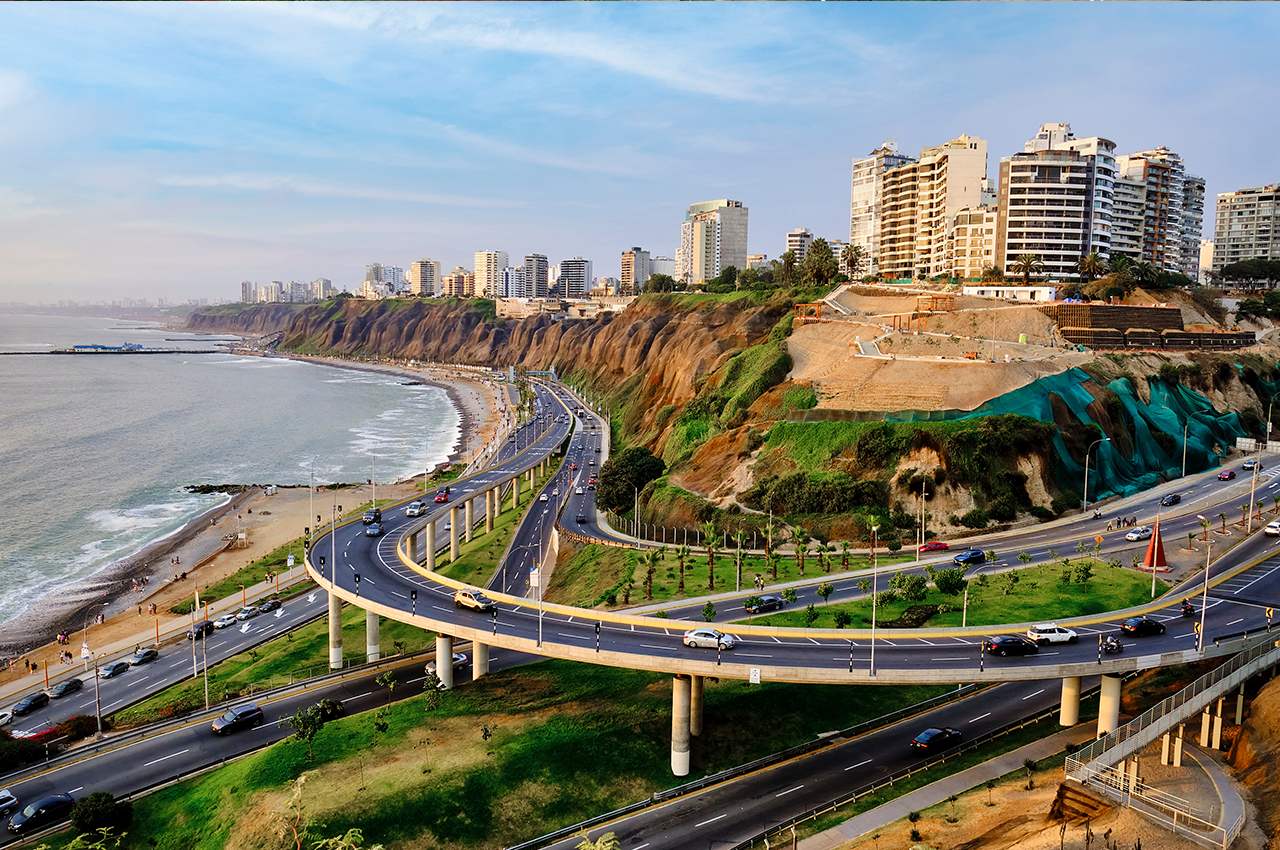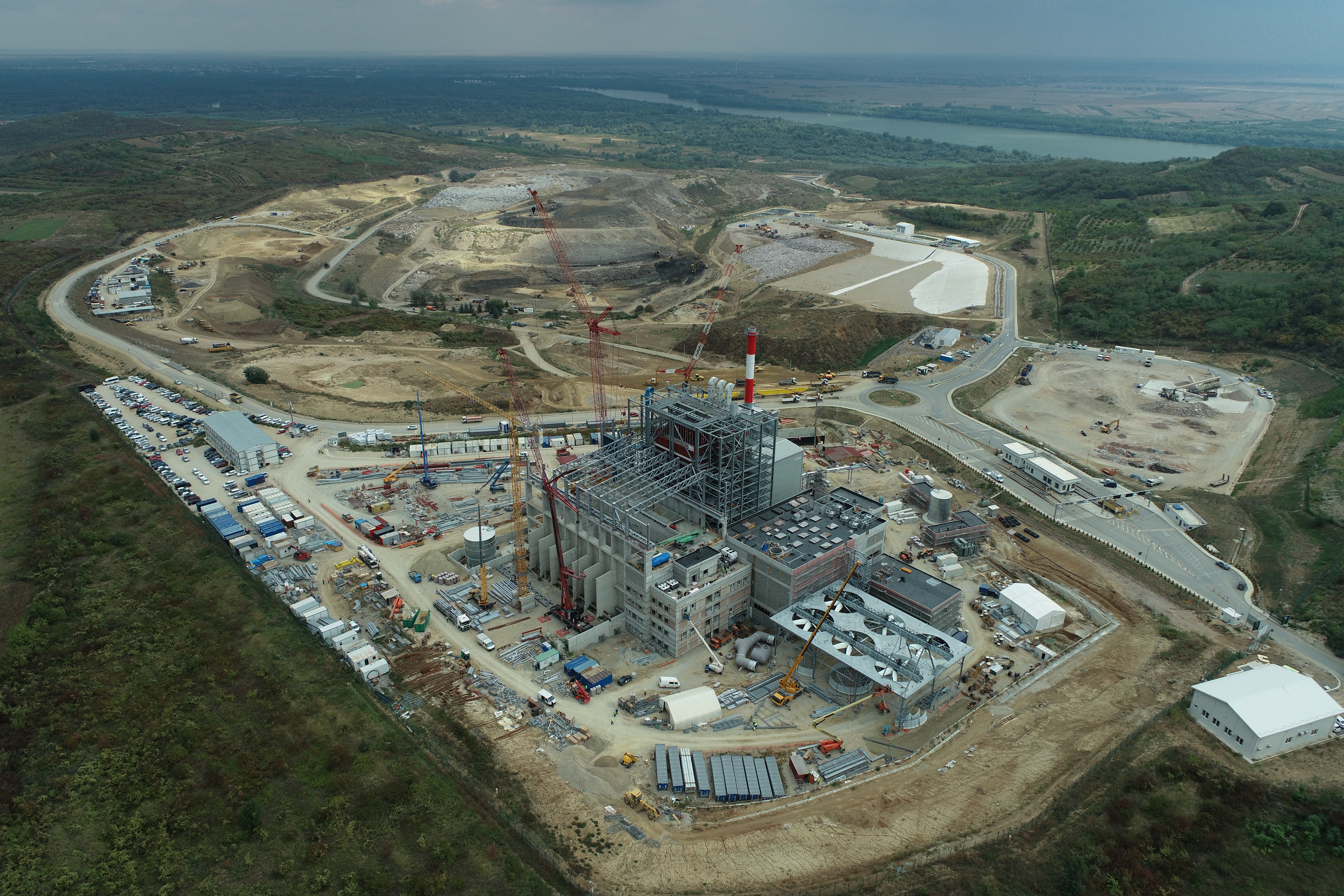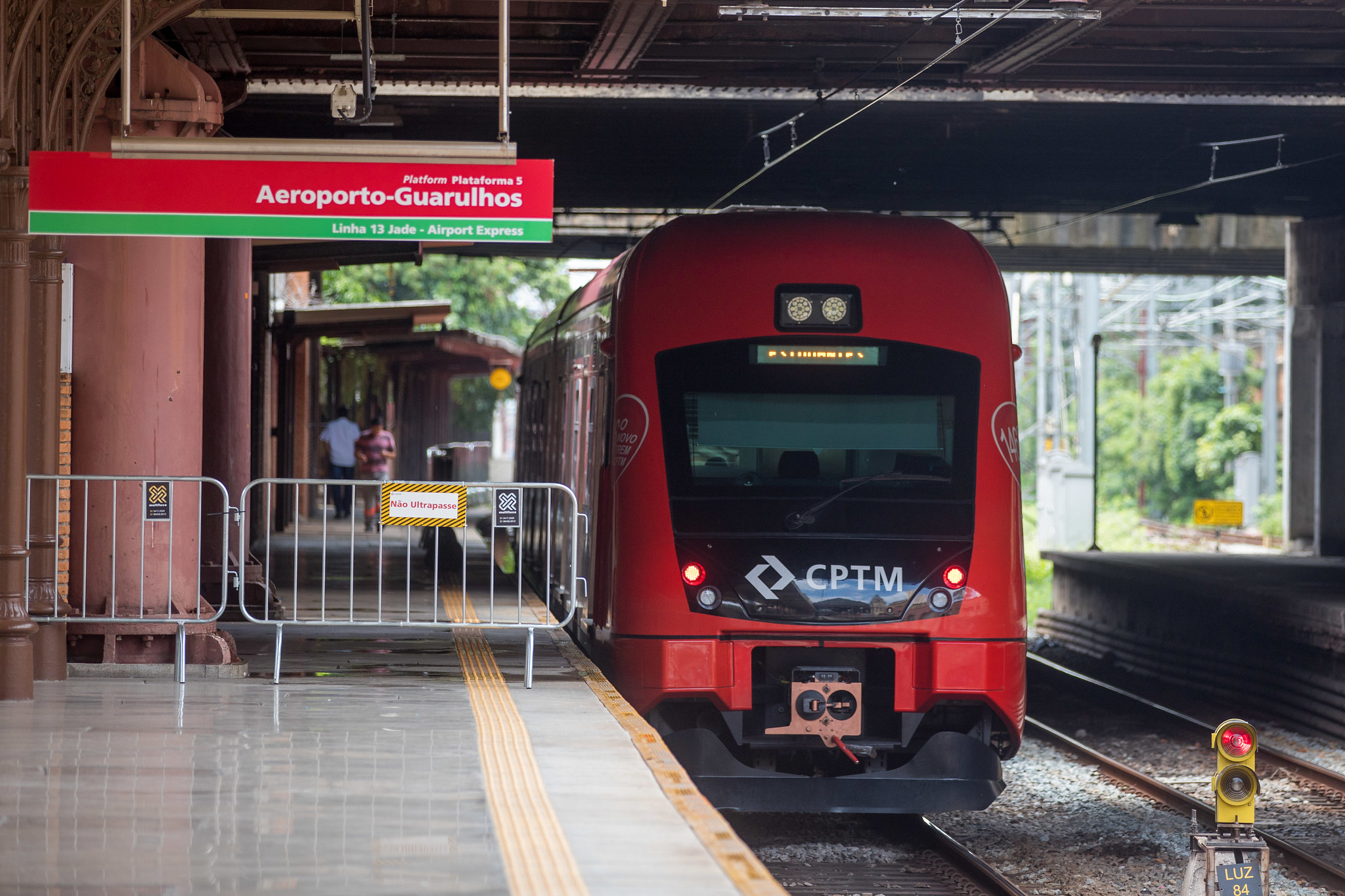Case studies
Filter by
85 results found
Case studies
The ACGF is an innovative finance facility dedicated to accelerating green infrastructure investment in Southeast Asia with over USD1.4 billion in loans from co-financing partners, under the ASEAN Infrastructure Fund (AIF). The ACGF’s technical assistance supports governments to identify and prepare commercially viable green infrastructure projects while the ACGF loans are utilised to cover upfront capital investment costs.
This two-pronged approach ‘de-risks’ green infrastructure projects, making them more attractive to private capital investors.
Read time: 3 minutes
Published
29 Oct 2021
Read more


Case studies
The Peruvian government had an ambitious plan to rejuvenate 955km of roads connecting the fluvial port of Yurimaguas with the Pacific port of Paita
Read time: 2 minutes
Published
11 May 2020
Read more


Case studies
In 2017, amid severe drought, the City of Cape Town, in South Africa was issued its first Green Bond, which was used to invest in projects aligned to city’s sustainability goals to adapt to and mitigate climate change.
The ZAR1 billion Green Bond was used to fund and refinance a number of green projects?in the city including procurement of electric buses; energy efficiency in buildings; water resilience initiatives; sanitation treatment; and the coastal structure protection and rehabilitation.
At the time, Cape Town had the only green bond in the country to be accredited by the Climate Bonds Initiative (CBI) and demonstrated market appetite for green and climate initiatives.
Read time: 3 minutes
Published
01 Nov 2021
Read more


Case studies
An innovative offtake was structured for the new sewage treatment plant in Mathura, Uttar Pradesh, where Indian Oil will use treated wastewater to cool its refinery, which will save 20 million liters of fresh water every day
Read time: 4 minutes
Published
27 Apr 2022
Read more


Case studies
The USD 244M1 Elazig hospital Public-Private Partnership (PPP) project is part of the 'Health PPP' program developed by the Turkish Ministry of Health (MoH), to extend and modernize the country's healthcare
Read time: 2 minutes
Published
05 Nov 2020
Read more


Case studies
To meet demand, Nigerian commercial and industrial customers rely on self-generation, diesel units and smaller gasoline-powered generators to meet a significant portion of total demand.
Read time: 4 minutes
Published
24 Mar 2022
Read more


Case studies
Due to decreasing aquifer water level (280 million m3 per year), Veolia Water Technologies (Veolia) partnered with The Nature Conservancy (TNC) and local municipality to propose the establishment of a water fund to finance changes to local water-catchment and uses.
As a result, Livelihoods Funds created a project to support vulnerable farmers in Aguascalientes to invest in drip irrigation equipment to enhance farm resilience.
Changing to a drip irrigation system showed a 50% - 70% decrease in water consumption by farmers. If the 5,000 local family farmers in the water catchment area adopted this system through the new fund, this results in approximately 65% reduction of the annual aquifer deficit.
Read time: 3 minutes
Published
01 Nov 2021
Read more


Case studies
The Belgrade Waste-to-Energy project is cleaning up one of Europe’s largest uncontrolled landfills and constructing a new, sustainable waste-management complex. It is one of the first large-scale, bankable, private sector waste-to-energy projects in emerging markets. Using a competitive dialogue with five pre-qualified bidders, the City of Belgrade - with the support of IFC acting as a PPP advisor - could offer a bankable DBFO contract bundling the remediation of the landfill (including the management of legacy pollution) with the development of revenue-generating greenfield assets.
Read time: 3 minutes
Published
05 Oct 2021
Read more


As of April 2019, the IFC successfully raised USD 7.1B from eight global investors through the MCPP, USD 3.6B worth of funds
Case studies
The International Finance Corporation (IFC) has a mandate to mobilize private financing and is looking to do this through various syndicated products including: B Loans, Parallel Loans and A Loan Participations
Read time: 2 minutes
Published
01 Jan 2018
Read more


Case studies
CFA is a 4-year programme funded by the UK Department for Business, Energy & Industrial Strategy (BEIS).
Aims to identify and develop pipelines of bankable climate-related projects that can attract investment at scale from the private sector.
In 2017, Nigeria took part in the inaugural pilot CFA process The CFA initiative has since been extended to Mexico, Colombia, Peru, South Africa & Turkey.
Stakeholders involved
Conceiver: Ian Callaghan Associates
Funder: UK Government (BEIS)
Neutral convener for the CFA process: Nigerian Economic Summit Group
Read time: 2 minutes
Published
01 Nov 2021
Read more


Mexico grew its wind energy installed capacity to c. 2000MW, generating USD 12B in investments and spillover effects on the local value chain
Case studies
The Mexican government sought to increase its wind energy production and reduce its reliance on fossil fuels. The Mexican government set a goal of reducing the country's greenhouse gas emissions by 50% by 2020
Read time: 3 minutes
Published
05 Jan 2014
Read more


Case studies
Coastline traffic in the State of São Paulo, Brazil, has overwhelmed road capacity. Three highway concession contracts were introduced, using a demand risk sharing mechanism and dynamic user fee model to attract private sector participation.
Read time: 2 minutes
Published
13 Oct 2021
Read more


Case studies
The Indian government has committed to reducing the emissions intensity of its GDP by up to 25% by 2030. Buildings are identified in its nationally determined contributions (NDC) as one of the key levers to achieve this goal.
The World Bank identified India as a prospective case study to carry out a quantitative assessment of the potential impact of the mechanism due to its complex?housing market, economic conditions and Federal structure.
An economic cost-benefit analysis was conducted using the Excellence in Design for Greater Efficiencies (EDGE) green building software and cash flow modelling to assess the potential impact of a USD50m auction on the Indian market.
Read time: 3 minutes
Published
01 Nov 2021
Read more


Case studies
A bond issuance anchored by IFC allowed Liquid Intelligent Technologies to expand access to broadband internet and digital and cloud services across Africa.
Read time: 2 minutes
Published
23 Sep 2021
Read more


Case studies
ChargePoint as a Service installs electric vehicle (EV) chargers for no upfront cost in return for a fixed term subscription
CPaaS reduces overhead costs and offer predictable operational expenses
CPaaS also proactively monitors stations to identify and fix technical issues remotely and enables businesses to track performance and utilization.
Georgia Power (a utilities company in Georgia) and Pivet Atlanta, an automotive company has partnered with ChargePoint to install EV chargers in a major travel corridor.
Read time: 2 minutes
Published
29 Oct 2021
Read more


Case studies
In the Netherlands, the regulatory requirement is that the surface layer of asphalt roads have a whole-of-life span of six years. Currently, 60% of rubble from broke-up old roads can be reused in the construction of new roads, however increasing that percentage of reuse is mostly improbable due to stability and safety concerns.
Dura Vermeer, a Dutch construction, infrastructure, and engineering business, has developed the technology to create top layer asphalt which can last up to 15 years (twice as long as current asphalt roads), but costs 10% more than regular asphalt roads.
Read time: 4 minutes
Published
01 Nov 2021
Read more


Case studies
Due to the prevalence of smart phones and mobile technology, New York's ageing and underutilised network of 8,400 public payphones became obsolete
Read time: 2 minutes
Published
11 May 2020
Read more


Case studies
Pre-COVID-19, two Sao Paulo metro lines carried 1 million passengers daily. A demand sharing mechanism encouraged private sector investment in the concession contract.
Read time: 2 minutes
Published
13 Oct 2021
Read more




















